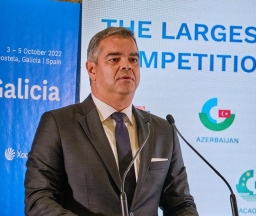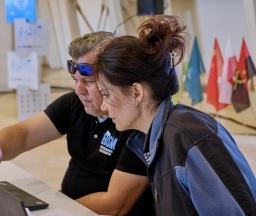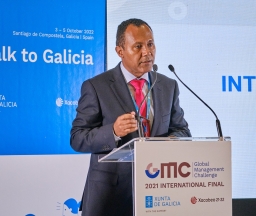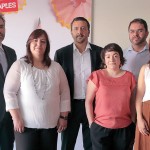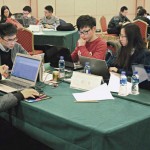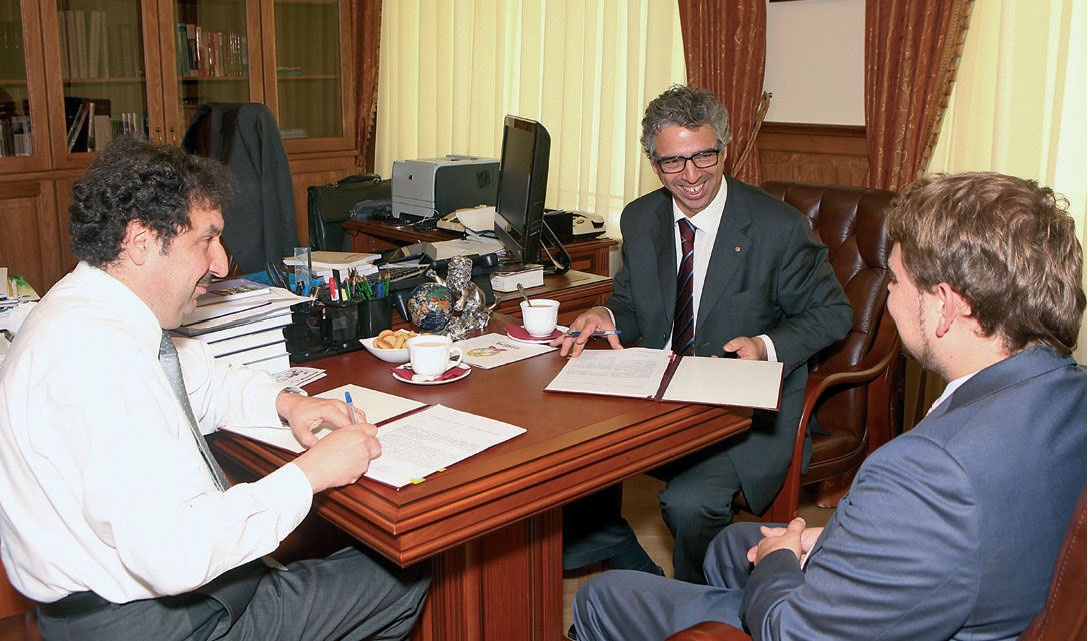
In Expresso, 12th of September 2015
The agreement signed with the Global Management Challenge’s organization ensures Russia’s continuity in the competition, and aims to establish links with national universities.
RANEPA – The Russian Presidential Academy of National Economy and Public Administration has organised the Global Management Challenge in Russia since 2006. Recently this university signed an open-ended agreement of continuity with the competition, and through its relationship with Portugal wants closer proximity to national universities.
Founded in 1980 by Expresso and SDG, this strategy and management competition is the largest in the world and counts on the participation of over 30 countries.
Russia is the country with the most teams participating, over two thousand in fact. Pedro Alves Costa, CEO of SDG, points out that with the signing of this protocol, RANEPA reaffirms its intention to continue to participate in the challenge. The competition arrived in Russia nine years ago. “We were invited to make a presentation at RANEPA and we were competing against a German company and a Spanish company, each with their own management simulator.
“It was our international profile that appealed to the Russian university and they decided on our product,” explains Pedro Alves Costa. He adds that the years of experience of the competition and the link between universities and companies also weighed in the decision.
Given the size of the country, the Russians organise regional competitions and various programmes involving the methodology of the Global Management Challenge. When it comes to choosing the champion, the best regional teams fight it out between them and the select the winner. A model that seems to succeed, since Russia has already provided four international competition winners. They have also set up a advisory programme, where winners of international competitions help prepare teams taking part in this stage of the competition.
With the protocol now signed, RANEPA, using GSD as a broker, wants to create ties with Portuguese universities that have links to the competition. “We have already organized visits for Russian students to ISEG and the Catholic University of Porto”, said Pedro Alves Costa. The idea is to start academic cooperation projects with these and other schools.
Text: Maribela Freitas


